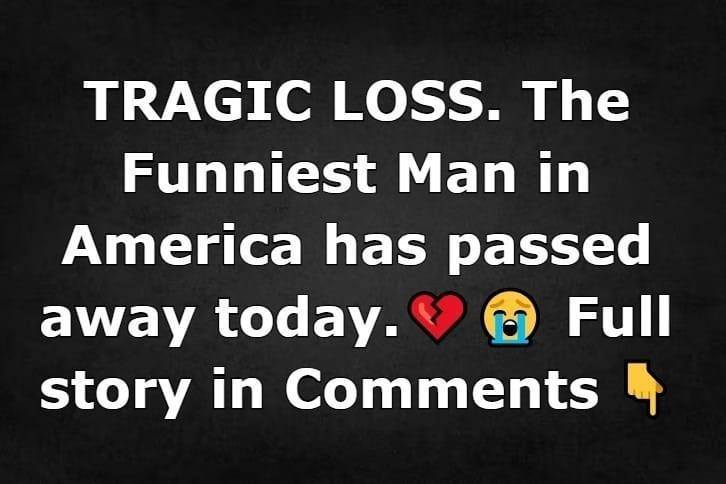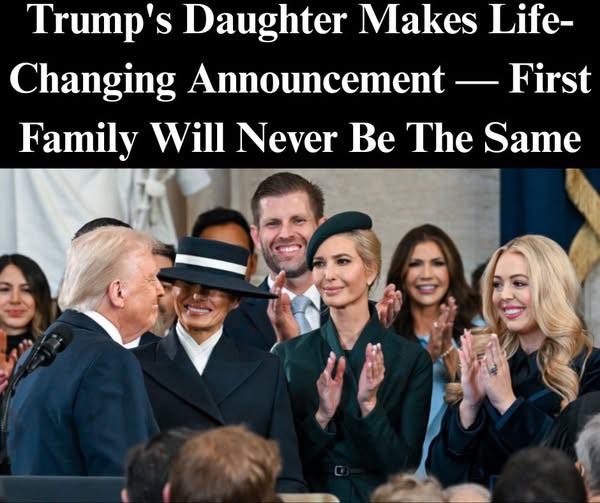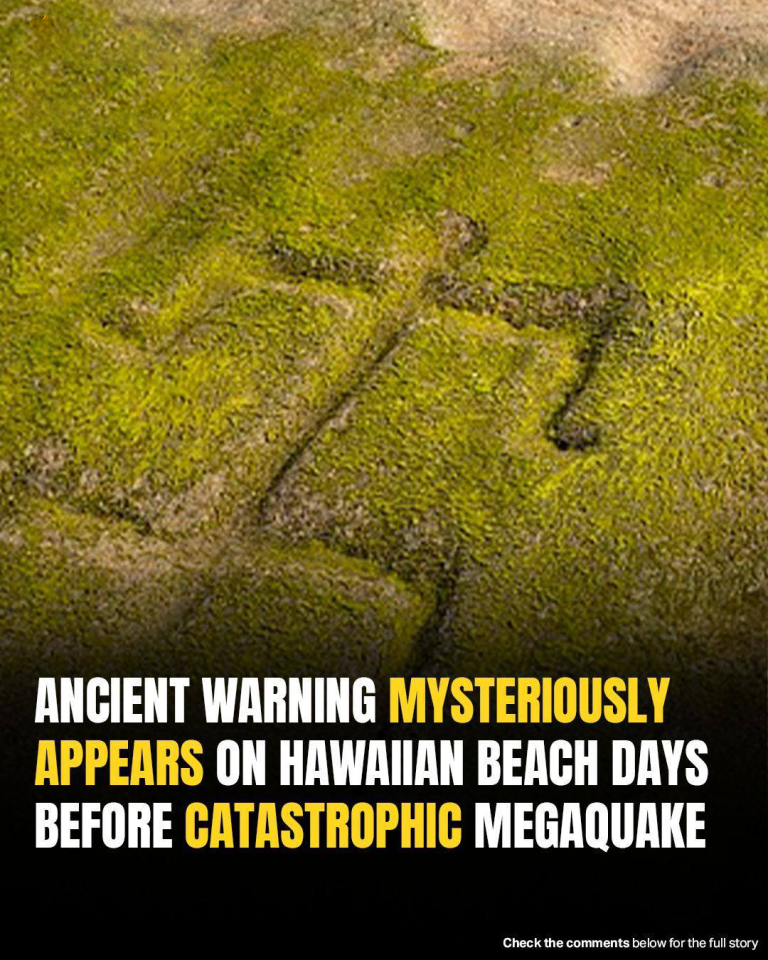My Date Insisted on Paying the Bill – I Wish I Hadn’t Let Him
When Eric insisted on paying for our first date, I genuinely thought I had stumbled upon a rare breed—a true gentleman. He showed up with roses, a thoughtful little keychain he said reminded him of something I’d mentioned to Mia (my best friend and the mastermind behind the setup), and an effortless charm that could melt even the most guarded heart.
Mia had been hyping him up for weeks. “He’s mature, sweet, and finally over his crypto phase,” she’d assured me. I figured, why not? It had been a while since I went on a date that didn’t involve awkward silences or someone bringing up their ex within 15 minutes.
To my surprise, the evening was genuinely enjoyable. We laughed over appetizers, bonded over our mutual obsession with true crime podcasts, and he even remembered my coffee order without having to ask twice. When the bill came, I instinctively reached for my purse, but Eric waved it off like he’d rehearsed the move. “A man always pays on the first date,” he said with a confident smile. I won’t lie—my heart fluttered a little.
That flutter didn’t last long.
The next morning, still smiling from the night before, I reached for my phone expecting maybe a “had a great time” text—or even a corny meme. Instead, I was greeted by something that looked eerily like a utility bill. Professionally formatted. With bullet points. And line items.
It was an invoice.
Yes, an actual invoice.
Line 1: Hug – $3.75 (waived, as a courtesy). Line 2: Rose bouquet – $12.99. Line 3: Dinner (with excellent company) – $58.50. Line 4: Keychain gift – $6.00 (expecting a coffee date in return). Line 5: Second date (required for full repayment) – TBD.
At the bottom, in bold:
Failure to comply may result in collections (Chris will hear about it).
Chris is Mia’s boyfriend. Eric’s friend. The guy who had vouched for him.
I stared at the screen in disbelief. At first, I thought it was a joke. A weird, not-that-funny attempt at humor. But the more I read it, the more it felt like a veiled list of demands—a transactional breakdown of what he thought he was owed for paying the bill and being “nice.”
Naturally, I sent it to Mia.
She was horrified but also couldn’t stop laughing. “He formatted it like an Excel warrior,” she said. I told her she needed to warn Chris, and she did—by forwarding it directly. Chris, who’s always had a flair for the dramatic, responded with an invoice of his own.
This one was gold.
It listed things like “Emotional labor: 5 hrs – $0 (because bros before sanity)” and “Damage control for Eric’s nonsense – priceless.” At the bottom, it simply said:
Payable in apologies and memes.
Then, Chris sent his invoice to Eric.
The fallout was immediate. My phone lit up with angry texts from Eric demanding to know why I “got others involved” and accusing me of “not understanding how modern dating works.” Apparently, in Eric’s world, paying for dinner equates to purchasing future dates—or, at the very least, emotional leverage.
Needless to say, I blocked him.
Reflecting on it now, I realize how often social norms around dating are weaponized. Eric insisted on paying not because he wanted to treat me, but because he believed it gave him some kind of unspoken control over what came next. The roses, the gift, the charming act—it was a setup for a guilt trip wrapped in chivalry.
It’s 2025. Most of us are just trying to connect with someone genuinely. And while kindness, effort, and thoughtfulness go a long way, they’re not a currency. Real relationships aren’t transactions, and no one owes anyone affection or a second date because they picked up the check.
The next time someone insists on paying, I might just Venmo my half right then and there—with a memo that says, “This is for dinner. Not for expectations.”






